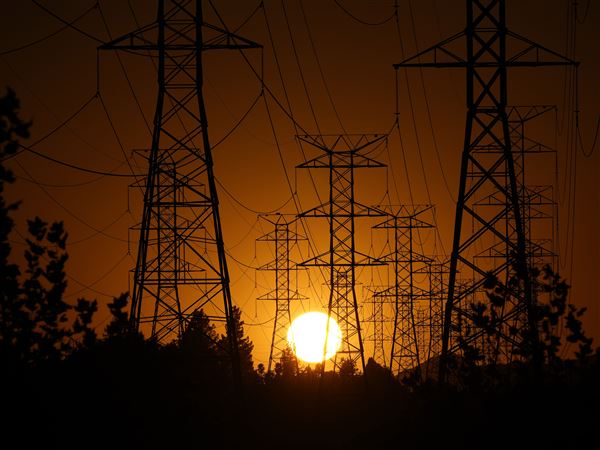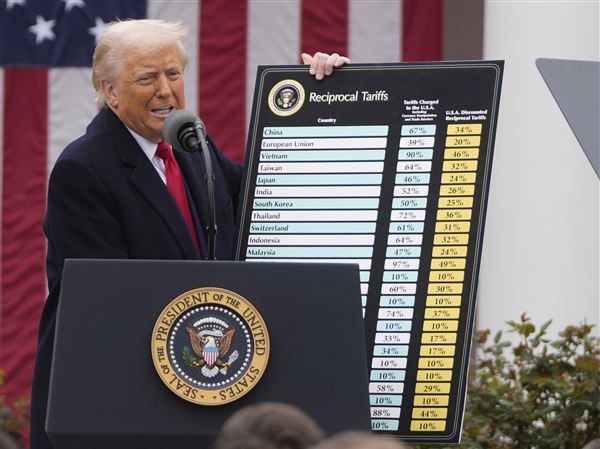HARRISBURG -- The number of drilling inspectors at the state Department of Environmental Protection would increase by more than 50 percent in the next fiscal year.
That's because oil and natural gas companies continue to drill new wells across the state, department officials told House members at a budget hearing Monday.
As a result of additional funding from an increase in drilling fees, the department hired 37 more well inspectors last summer and will add another 68 by this summer, for a total number of gas and oil well inspectors of 193. Overall, Mr. Hanger said DEP has about 2,835 employees, down from more than 3,000 five years ago.
Overall, DEP's proposed general fund budget for the year that starts July 1 is $157 million, down $2 million from the current year and down sharply from $230 million a year ago, DEP Secretary John Hanger said. But the department also gets federal and other funds, for total spending of $890 million this year.
The department recently increased fees paid by national and international companies that want to drill for oil and gas in the state -- up from a flat fee of $100, which started in 1984, to a fee system that rises based on the depth of the well, Mr. Hanger said. Many large gas companies are flocking to Pennsylvania because of the many areas of Marcellus shale, which contains natural gas.
But to get the gas from the rock, huge amounts of water must be pumped into the wells after they are drilled, and the state must ensure that such "brine water" doesn't pollute underground water or hurt rivers and streams that thousands of people depend on for drinking water, Mr. Hanger said.
"We will have appropriate oversight for this critical industry," he said.
The new gas drilling fees start at $250 and can range up to about $10,000, on a one-time basis, he said. He said he expects fee revenue to increase for at least the next 10 years, due to demand from drillers.
The department is setting aside those fees into a separate account, which is projected to be $17 million this coming year, up from $11 million this year and only about $1 million a few years ago.
As for the gas wells being drilled in the shale areas of Pennsylvania, "We are assuring that the gas is produced in an environmentally responsible manner," Mr. Hanger said.
There are civil punishments and financial penalties for companies that don't follow drilling rules, with the most severe penalties being suspension of a drilling license or criminal prosecution where warranted, he said.
First Published: February 23, 2010, 5:00 a.m.














